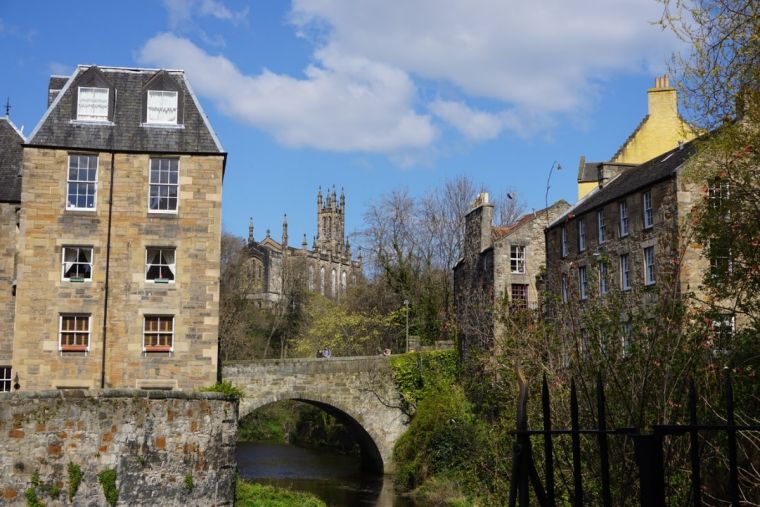Scottish church leaders to take on Government over 'unlawful' criminalisation of public worship

Church leaders in Scotland are pressing ahead with legal action against the Scottish Government after public worship was banned during the current lockdown.
Unlike in England and Wales, where churches can still open, public worship has been suspended in Scotland since 8 January.
Supported by the Christian Legal Centre (CLC), the 27 church leaders argue that the suspension of public worship is "unlawful" and in breach of the European Convention on Human Rights.
They are seeking a judicial review after the Scottish Government ignored a pre-action letter from the church leaders in which they said the restrictions had "serious implications for freedom of religion" and were unnecessarily preventing them from meeting the material, emotional and spiritual needs of their communities.
The Scottish Ministers rejected the claims, saying the state was entitled to "regulate the secular activities of Churches...for the purposes of protecting public health", and that churches were compelled to "comply with secular law".
In their petition for a judicial review, the church leaders are asking that the closure of churches be deemed unlawful and that the measure be accordingly reversed.
They contend that in-person worship in churches is a "fundamental and indispensable" aspect of the Christian faith and that "in the absence of the gathered people of God, there is effectively no 'church'".
Rev Dr William Philip, leader of The Tron Church, Glasgow, said: "We are able to do some things remotely via broadcasting, but many - especially the poorest, the oldest, and those most vulnerable - have no access to this.
"They are excluded completely from the possibility of Christian worship, and the comfort and encouragement in life and death only this can give.
"Due to the severe restrictions upon gatherings and significant distress this has caused, we have faced no alternative but to pursue legal action."
The Christian Legal Centre (CLC) said the position of the Scottish Government contradicted "the long-established and traditional authority Scottish churches have had over their own affairs, free from state interference".
"This is enshrined in the 1592 Act, the 1706 Act for Securing Protestant Religion and the Church of Scotland Act 1921," it said.
"There has been no attempt to close churches in Scotland since the persecution of the Presbyterian church, instituted by the Stuart kings, in the 17th century."
Rev Dr Rupert Hunt-Taylor, Minister of Edinburgh North Church, said: "When the nation faces a life and death situation, with so much already taken away from so many, you don't close down the one source of true hope that Scotland has turned to for centuries."
Expert evidence submitted by microbiologist Dr Ian Blenkharn argues that it is "illogical" to allow church buildings to open as vaccination centres, food banks and blood donation sessions, but not for public worship.
He said he could see "no barriers" to the safe opening of churches for worship.
"Indeed, there is an overwhelming and unavoidable comparator that church services present no additional risk of Covid-19 coronavirus infection than would the many different commercial activities in the manufacturing, supply and retail sectors etc that are now permitted to operate," he wrote.
The Scottish Government now has seven days to respond.
Rev Nathan Owens, Minister of Maxwell Church in Kilmaurs, said churches were an important part of the response to the pandemic.
"I serve a number of vulnerable people and I have seen the dire consequences that shutting churches has had on those people for whom church is a lifeline," he said.
"We think churches being open is not only a human right or a Scottish constitutional matter, but is one of the most vitally important ways our society can respond to this pandemic."
Gerald White, Pastor of Hope church in Edinburgh, said: "I serve the local community on a council estate and there is a lot of darkness here. The church offers hope to the hopeless.
"People's struggles with drug and alcohol addictions are exacerbated at this time.
"Mental health issues are even worse than they were before and single mothers in particular are struggling.
"Under these regulations we cannot reach and support those in greatest need."











